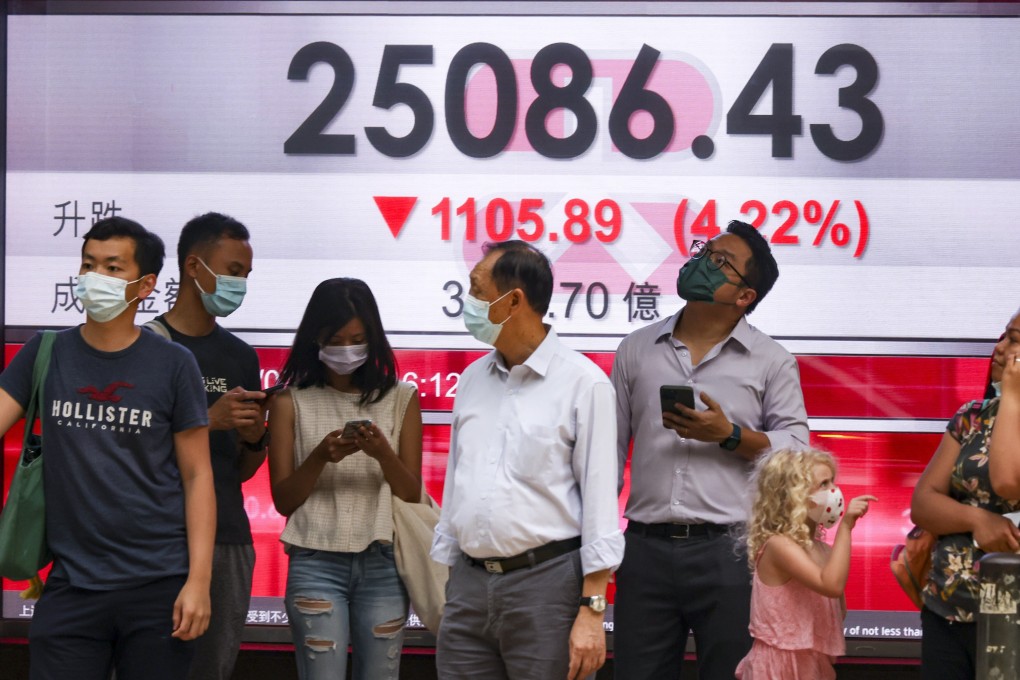Hang Seng Index revamp sees inclusion of Li Ning, Xinyi Glass and China Merchants Bank as benchmark compiler avoids Big Tech
- The third-quarter review, effective September 6, broadens Hang Seng’s coverage to 60 from the current 58
- The Hang Seng benchmark has fallen 9.5 per cent so far this year, making it the world’s third-biggest decliner out of 92 global indices

“It makes sense for Hang Seng to avoid adding more Big Tech stocks in the benchmark since China’s regulatory [scrutiny and crackdown] are still going on,” said Jeffrey Chan Lap-tak, a founding partner of Oriental Patron Financial Group. “The consumer stocks are likely to be the winners in the near term as the country is promoting retail and private consumers.”
The third-quarter review, effective September 6, broadens Hang Seng’s coverage to 60 from the current 58, going part of the way towards the compiler’s aim of enlarging the benchmark to 80 constituents by mid-2022. The index will eventually grow to 100 stocks, Hang Seng said, without providing a timetable for the increase.
Internet-related stocks in China’s Big Tech sector have been hit particularly hard since July, as a slew of regulatory scrutiny involving antitrust, cybersecurity and data usage have heightened the uncertainty for investors, driving them away from the stocks.
